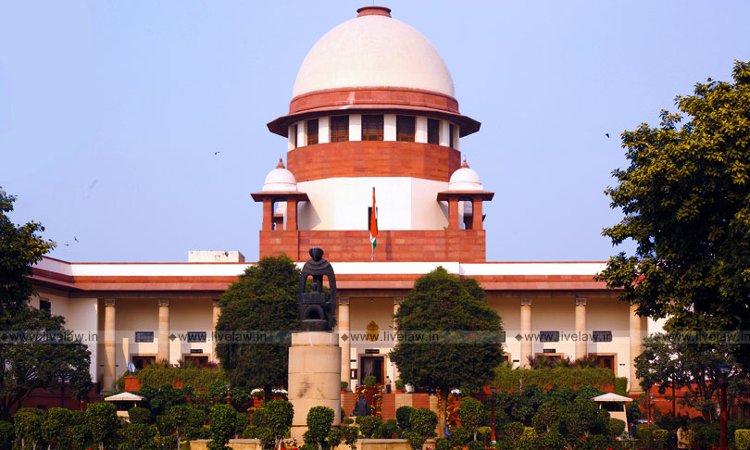National Policy For Treatment Of Rare Diseases : SC Seeks Views Of Centre, States.
akanksha jain
4 Feb 2019 10:28 PM IST

Next Story
4 Feb 2019 10:28 PM IST
The Supreme Court on Monday sought to know the stand of the Centre and that of all States and Union Territories barring Delhi, Jharkhand and Sikkim on constitution of a committee to examine the case of patients of rare diseases for financial assistance and identifying hospitals for their diagnosis and treatment under the National Policy for Treatment of Rare Diseases, 2017. A bench...
